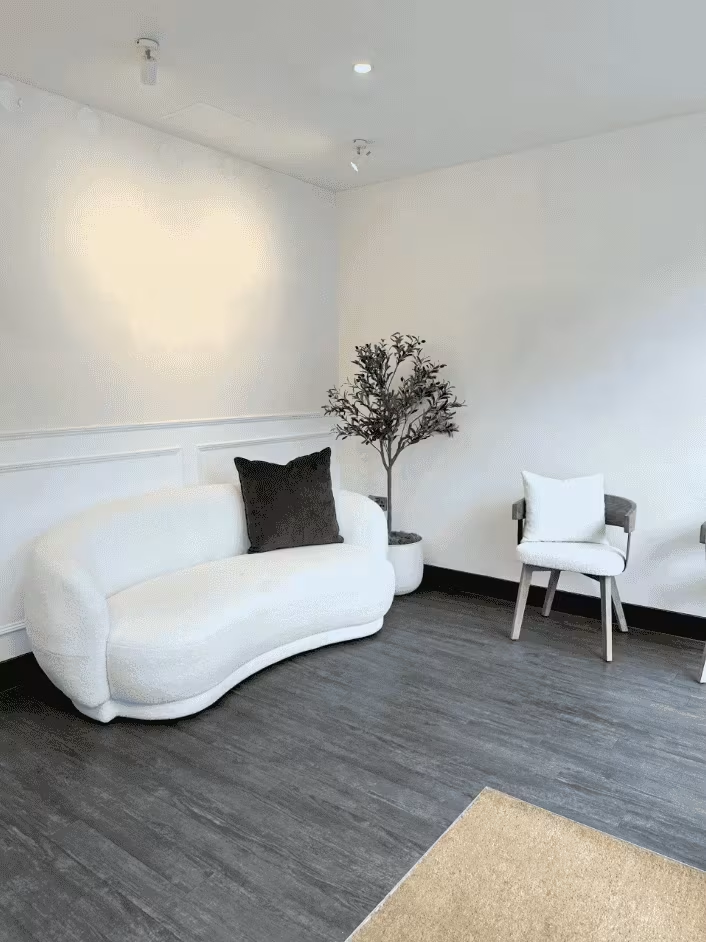
Autism Spectrum Disorder (ASD) describes neurological and developmental differences that influence how a person perceives, communicates, and interacts with the world. While presentations vary widely, common characteristics may include:
Historically, conditions such as Autistic Disorder, Asperger’s Syndrome, and Pervasive Developmental Disorder (PDD) were separated; ASD now encompasses this spectrum.
Early diagnosis enables more tailored intervention, supports, and self-understanding.

Many adults seek an autism diagnosis later in life to understand long-standing challenges with communication, relationships, or sensory sensitivities. Our adult autism assessment includes:
Our experienced psychiatrists provide a supportive space for you to gain clarity and access tailored strategies for daily life and work.

Early diagnosis enables the right educational, emotional, and therapeutic support. Our child autism assessment in Bournemouth involves:
Our approach is family-centred, ensuring parents feel supported at every stage of the process.





We may use brief screening instruments (e.g. AQ-10) or a preliminary discussion to decide whether a full evaluation is appropriate.
A panel of specialists reviews all assessment data, compares with diagnostic criteria (ICD, DSM, NICE guidelines) and arrives at a considered diagnosis.
You will receive a detailed written report, followed by a feedback meeting with a specialist to discuss findings, recommendations, and supports.
A private autism assessment is a detailed, clinical process used to determine whether an individual meets the criteria for Autism Spectrum Disorder (ASD). It involves structured interviews, behavioural observations, developmental history review, and standardised diagnostic tools such as ADOS-2 and ADI-R. Private assessments are led by qualified clinicians, such as psychiatrists or psychologists, and offer faster access than NHS pathways.
If you or your child experience persistent challenges with social communication, sensory sensitivities, or repetitive behaviours, an assessment may be appropriate. Common signs include:
Our team can arrange a free screening call to help determine if a full autism assessment is suitable.
The full process usually takes 4–6 weeks from initial enquiry to receiving your final report. Adult assessments are often completed more quickly (within 4 weeks), while child assessments may take longer due to the need for school input and multiple sessions.
The final diagnostic report includes:
This report can be used for school or workplace accommodations, further therapy referrals, or access to disability support.
No, a GP referral is not required. You can self-refer by contacting our clinic directly.
However, if you wish, we can liaise with your GP to share the results and coordinate ongoing care.
Yes, Our assessments are conducted by consultant psychiatrists and neurodevelopmental specialists using NICE-compliant diagnostic criteria (DSM-5 and ICD-10).
Reports are fully recognised by schools, universities, and NHS professionals for the purpose of accessing educational and workplace support.
Yes. Our clinicians are trained to recognise how autism can present differently in women and girls — often through masking behaviours or subtle communication differences.
We take a gender-sensitive approach to ensure accurate identification and understanding of your profile.
Following diagnosis, we provide:
We ensure you are not left without guidance after the assessment.
.avif)
